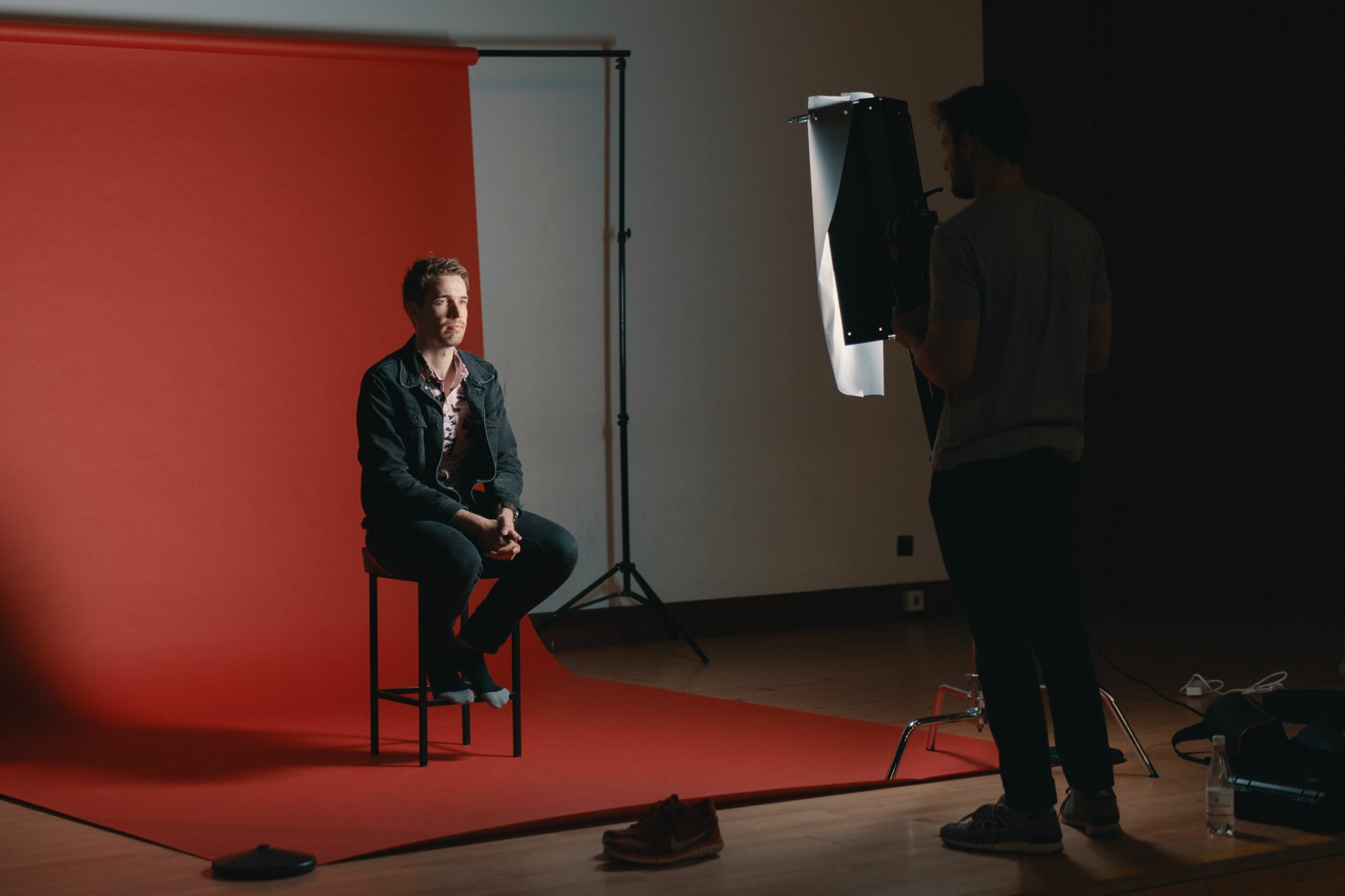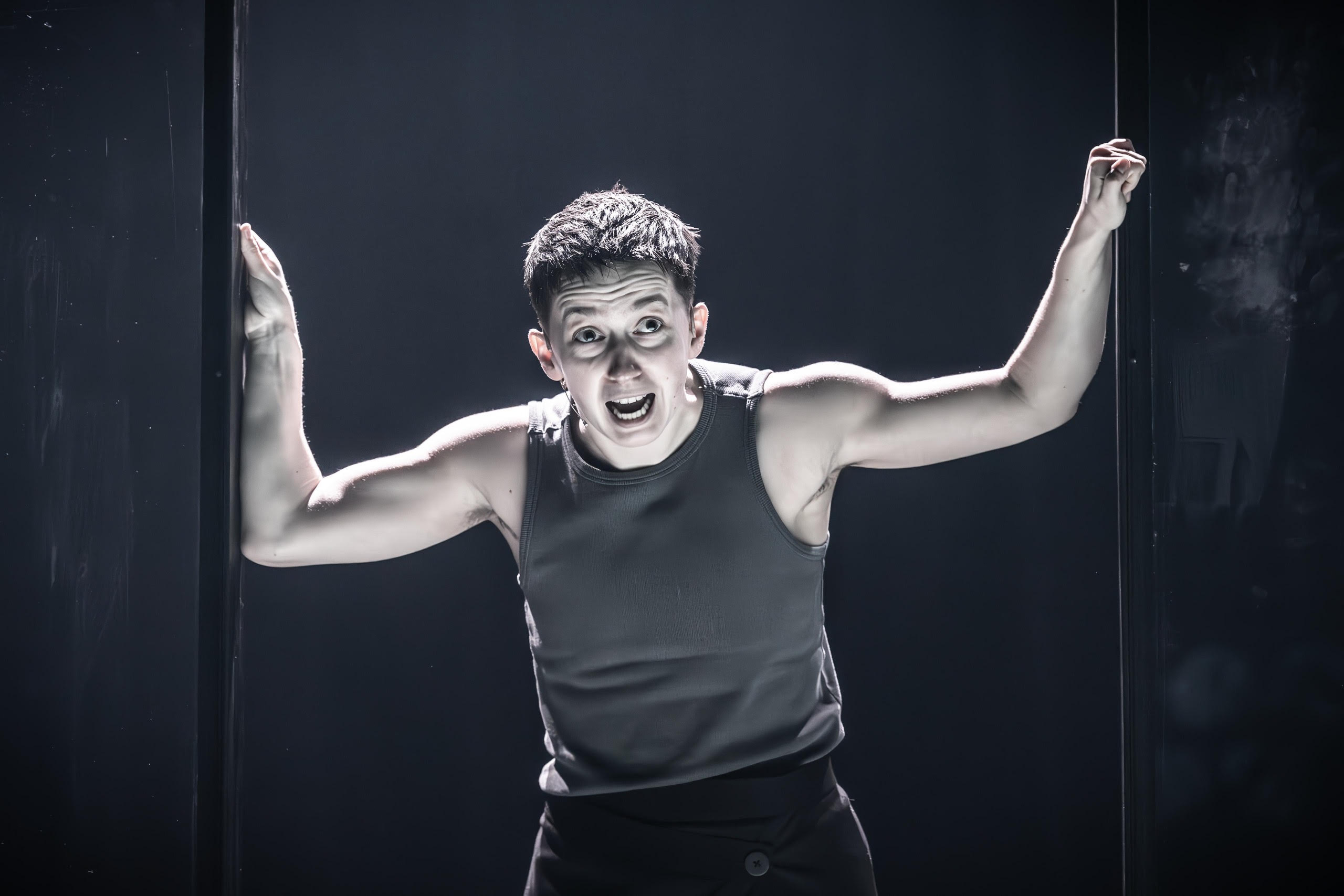Sophia Elizabeth Tamaro gives her quick self-taping tips for actors…
In today’s ever-changing world, self-tapes are a wonderful tool that allow actresses and actors to be seen by casting directors across the globe. And yet, they can be daunting for many different reasons. Here, I’ve tried to break down some basics to encourage you to make the best possible self-tape:
I’ve received a breakdown from my agent and the submission requires a self-tape. I’ve never done one before. How should I prepare?
Fantastic news! Here’s an opportunity to step out of your comfort zone and learn an essential skill for your acting career. Self-taping is the art of auditioning from the comfort of your own home, without the pressures of a face-to-face meeting with the casting director and/or director and producers.
First, breathe. Everything is going to be absolutely fine. Like any skill, you will get better with practice, so there is no time like the present to get stuck in!
Speak to friends and family, see if they have video and sound equipment they can lend you. Sometimes it’s worth asking people in the various industry Facebook groups too, you never know who you might meet – it might be the start of a new trend! #SelfTapeHelpGroup. Alternatively, ask if any local film students are willing to help.
You could even use your phone, and we have loads more information about this in our podcast.
Learn your lines – this might be an obvious one, but a lot of actors think that it’s alright to read from the script in the self-tape and then be off book if they get asked to come in for an audition. Best to learn the lines straight away and be comfortable with the material.
Find someone to read the other roles. Ideally another actor/actress, but your mother, brother, grandmother will be fine too. Try coaching them a little bit before filming the scene, so they can give you the right cues to strengthen your performance.
What are some of the things I need to watch out for when filming a self-tape?
Three words: light, sound, look.
The tape should be filmed in a well-lit and quiet room, preferably in front of a neutral backdrop (white, blue, grey are all acceptable).
Good sound is vital. If you can’t get a clip on mic or someone to follow you around with a boom, position yourself close enough to the camera/phone to get clean, crystal clear sound. Do several takes in different positions before you start filming the self-tape and pick the best one. Self-tapes with bad sound are unlikely to be taken seriously, merely because it’s hard to understand how you are delivering your lines and therefore distracting from your performance.
Carefully consider what kind of role you are taping for. Is she a high-flying business woman? Is he a recovering drug addict? Dress to impress. Show me that you have thought about the character, their background and current situation. Your efforts will be noticed and appreciated!
I don’t have a scene partner. Can I play the scene alone/with a recording of me saying the other lines?
No. I want to see how you respond to another human being, not a machine/a pre-recording of you saying the lines.
Having your friend give you the lines over Skype is also best avoided, as it can sound like you’re interacting with a robot.
It’s worth making a WhatsApp group of all your actor/actress friends and helping each other out when you have to do a self-tape. Team work is key!
I have done several takes of the audition scene. I’m not sure which one is the best. Can I send them all?
I would rather see a single take and any additional requested material (showreel, about-me video), rather than several takes of a scene. There are exceptions of course, like if I’ve requested the scene to be done in several different ways (different approach to character, different clothes or different accent).
Generally, one or two takes should be enough. Self-tapes are also a way to see how you as the acting talent interpret the scene. If no directions are given, read through the scene several times out loud and try different approaches. Most casting breakdowns will provide a synopsis and a character description. If that’s not sufficient, you can ask your agent to contact the casting director and ask what the context of this scene is/where it is in the script, so you have a better sense of what your character is responding to.
The casting director has requested an “About Me” video. What should I talk about?
About Me videos are a great way for the casting director, director and producer to get to know you as a person, rather than you as a character. I will usually give brief instructions, such as “tell me a funny story” or “when was the last time something truly moved you”. Try following their instructions as closely as possible in no more than 2 minutes, unless otherwise specified.
If no instructions have been given, introduce yourself (“Hello, I’m Maja Andersson, I’m a half Bosnian, half Swedish actress living in London.”) and talk about something that doesn’t have anything to do with acting – I already have your CV and your showreel, now I want to know more about you as a person. Tell me about your last trip, about a hobby or about a peculiar outlook you have on life.
I don’t know if my self-tape has been received. Should I follow up?
You or your agent can follow up a few weeks after the casting deadline. Please be mindful of the fact that going through hundreds of self-tapes takes a lot of time and dedication, so don’t get angry or impatient if you don’t hear back from the casting office immediately.
If you haven’t heard back after a month, you may contact the casting director/casting assistant again and just follow up with a short and sweet email. Asking for feedback is fine, but don’t be irritated if you don’t receive any if your submission was unsuccessful. You are more likely to get feedback if you have progressed onto the shortlist and then someone else was chosen, i.e. after the first rounds of auditions.
Good luck!
Sophia Elizabeth Tamaro has worked in international casting for over four years. Her credits range from Hollywood blockbusters to European indies and student shorts. She loves discovering and championing new acting talent and she’s a passionate advocate for the casting profession, firmly believing casting directors should be more widely recognised as a key part of making a film.



















